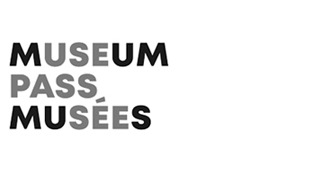Mons Memorial Museum examines a little-known aspect of the First World War — the link between espionage and the railways — and shines a spotlight on the history of resistance in the Mons region.
The exhibition invites the public to discover the fundamental role of trains and the railways in wartime. This vital logistical tool, which made a conflict of this magnitude possible, was just as essential to the Allied victory.
When war broke out in 1914, the railway network was at the height of its expansion. It enabled soldiers to travel throughout Europe and later played a key role in the transportation of equipment and troops. In occupied Belgium, the Germans skilfully exploited the railway network. The country became a central hub for the passage of numerous convoys.
The exhibition begins by tracing the role of the train and the railways during the first months of conflict, and then explores the more specific question of train surveillance by the resistance. In occupied Belgium, in Mons and the Borinage as elsewhere, civilians became spies, risking their lives to pass on crucial intelligence to the Belgian, French and British services relating to the passage of trains and their cargo.
Their names include Jerôme Daubechies, Charles Simonet, Joseph Delsaut, Jules Legay and Alfred Ghislain, and their stories are told and contextualised through testimonials and museum artefacts.
In the framework of 1914-1918: Trains and Espionage, this talk was held:
Souvenir de mon grand-père, Pierre-Joseph Delsaut, espion, fusillé à Bruxelles le 6 novembre 1915
24 11 2021 - 19:00
Mons Memorial Museum
Talk (FR) with Harry Delsaut, in association with le Cercle Archéologique de Mons.
From January 10th until January 31th, the museum will be closed (annual closing).
Visit this exhibition with the museumpas!

